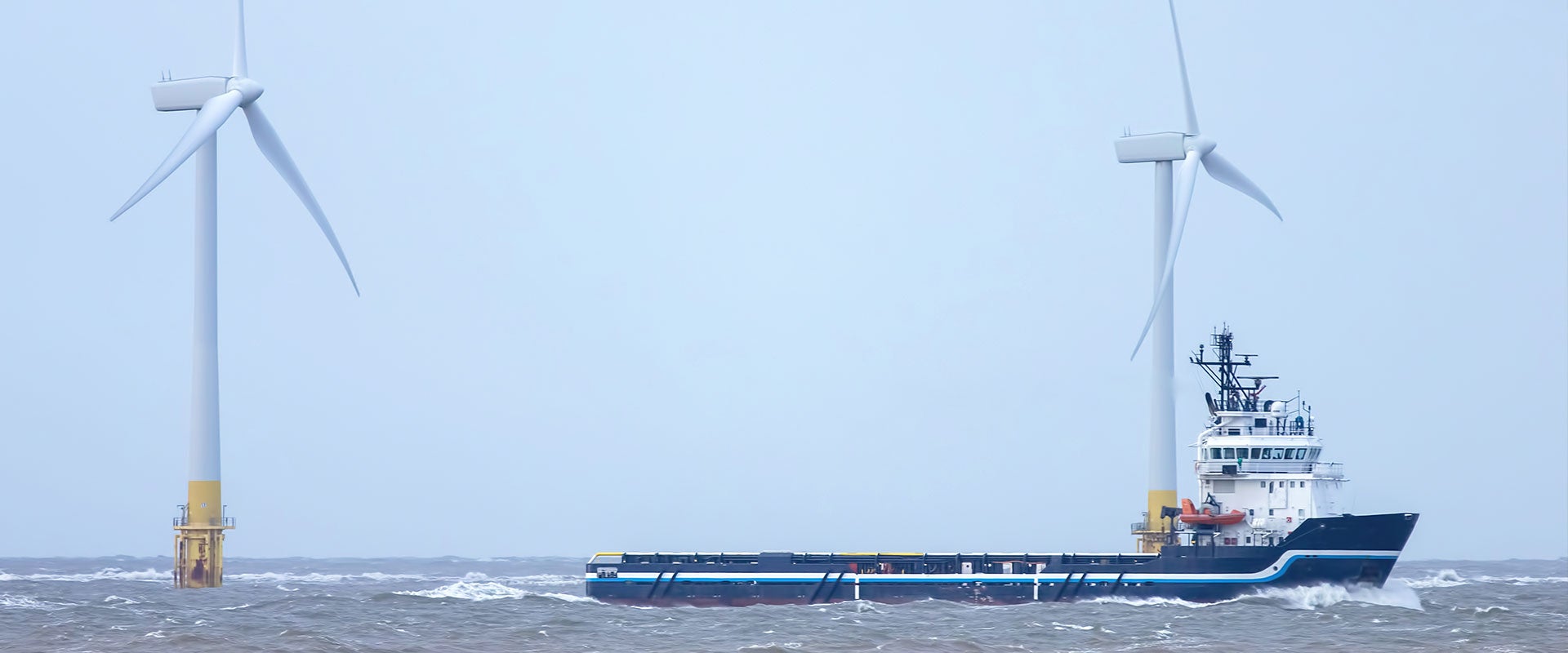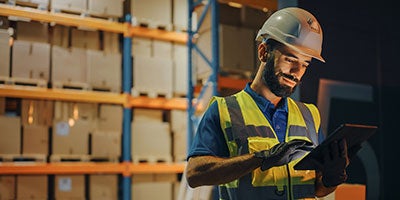
Investing in sustainability … is not going to be easy
Decarbonising the logistics sector will be a daunting task requiring significant investment in infrastructure, assets and capabilities. There will be important trade-offs to consider and critical decisions to make that require careful consideration.
The technology challenge …
In some areas, the technological solutions are clear and viable, whereas in other areas there is more uncertainty as to the best way forward. Companies should be making bold moves in areas where green technology works and is commercially viable, e.g. light commercial vehicle logistics, and leaders should consider how quickly they can decarbonise rather than when to begin decarbonising.
The tricky trade-offs come when considering the harder areas to abate where green technologies are immature and developing fast. Here, companies should take a ‘portfolio’ approach and trial different models of purchase and different solutions. This will equip companies with the data and experience to make better judgements on the inevitable trade-offs that they will need to make. But in the meantime, taking small but meaningful steps to improve operations and find hybrid solutions should continue. A ‘wait and see’ approach could be risky, as subsidies will dwindle and any hesitation gives competitors the chance to get ahead on the learning curve.
The investment challenge …
There is no shortage of investor appetite to make these critical green investments, as long as there is a commercial case to be made. As public attitudes, legislation and technology maturity evolve, commercial viability of green solutions will improve naturally.
'As-a-service' models are appearing to help overcome the key barriers to adoption and will help accelerate adoption of high capex investments.
Inevitably, there will still be a need for the logistics industry to take some risks or pass on costs in order to justify some investments. This will require careful commercial judgement and an examination of the trade-offs.
The capability challenge …
This challenge requires some long-term thinking about how to address the decarbonisation agenda; do you 'outsource' the issue or do you build it in-house?
In some markets, the ability to own and manage mobile and fixed assets is seen as a competitive advantage, and ceding too much of that know-how may result in strategic disadvantage in the long run. Also, over-investing in the wrong technology could be fatal. Maintaining an element of corporate agility will be key, and maintaining 'option value' in alternatives provides some strategic flexibility.
Investing in sustainability … will become an increasingly existential issue
The importance of decarbonising the supply chain will be shaped by factors that are only increasing the pressure to accelerate:
-
Adoption of Science Based Targets initiative (SBTi) targets – SBTi is considered the gold standard and will entail greater scrutiny of Scope 3 emissions and consequently greater scrutiny of indirect emissions from supply chains.
-
An increasingly strategic imperative – Our work indicates that sustainability will be a key investment battleground in logistics, which our Transport and Logistics practice leader and Senior Partner Andrew Allum will discuss further during a webinar at LiL. Furthermore, L.E.K. Consulting’s corporate sustainability survey indicated that more than 70% of corporates are taking a strategically proactive approach to sustainability.
-
360 pressure – Attitudes are changing in all areas. The pressure to decarbonise is coming from legislation, the judicial system, the stock market, private investors, customers and employees.
Investing in sustainability … needs to start now
Currently, targets can seem a long way into the future and the tendency to ‘wait and see’ is understandable. Many think that doing too much now is risky, but waiting could entail even more risk later.
Transportation is the major contributor to greenhouse gas emissions in many countries. It will face increasing scrutiny and potentially be subject to active government intervention, especially as we approach the legal deadlines that governments must meet. Acting now means:
-
Having greater control as to how to decarbonise and avoiding disruption from more extreme government intervention
-
Building a knowledge base that will have value in the future
-
Building a strong reputation and a strategically advantaged position
Key questions to ask yourself
Are you a leader or a laggard?
What are your customers expecting now and in the future? What are they willing to pay for?
Do you have a clear path or just a target?
Do you understand the options and trade-offs ?
Do you understand the risks of not acting?
For more information, please contact strategy@lek.com.
04242023090403



